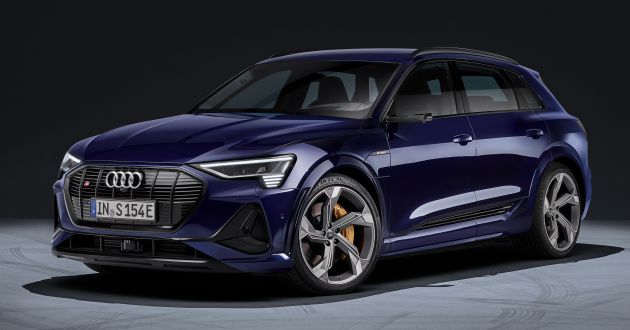Despite electric vehicle sales being on the rise in several markets, Australian customers aren’t as receptive, according to a report by Nikkei Asia. Data from the country’s Electric Vehicle Council indicated that just 7,000 EVs were sold in 2020, which is an increase of under 4% from 2019.
In Australia, EVs account for just 0.7% of the one million cars sold there annually, making it one of the slowest adopters of zero-emissions technology. This is despite the country being one of the leading suppliers of materials used to produce batteries in EVs.
Industry experts blame the slow take-up rate to the countries continued reliance on fossil fuels, with the country’s conservative government being huge supporter of coal. A lack of a clear policy to promote EVs among car buyers is also cited as a reason for the creeping sales.
“Because we have a retarded national climate change policy, and a reluctance to acknowledge the urgency of climate change, our national transport sector policy is laughable. Really, it’s a go-slow policy on electric vehicles,” said James Prest, a lecturer in environmental and energy law at the Australian National University.
Efforts to promote EVs do exist, as the country’s parliament previously recommended a national EV policy in January 2019, which was followed by a discussion paper on a “future fuel strategy” in February. However, the latter document was lacking in terms of financial incentives to get car buyers to make the switch, nor did it put forward a concise target for new EV sales.
“Essentially, the whole array of policy and economic incentives that could be marshaled towards encouraging people to choose electric vehicles has not been engaged with by the national government,” Prest commented.
The lack of incentives results in high pricing that drives customers away from EVs, noted Behyad Jafari, chief executive of the Electric Vehicle Council. “New technology carries a price premium and since there is no incentive in place it becomes difficult for customers to overcome the high-ticket prices,” he said.
As an example, over 9,000 units of the Audi e-tron were sold in Norway last year, making it the best-selling EV there, with a retail price equivalent to AUD92,000. By comparison, just 64 units of the e-tron were sold in Australia last year, retailing at nearly AUD150,000 due to taxes. Across multiple car brands, only 28 EV models are offered in the country, of which just two are priced under AUD50,000. In the United Kingdom, there are over 100 models on offer.
Aside from the lack of incentives, poor charging infrastructure and an uninformed public further contribute to the slow EV adoption rate. Australia currently has 2,300 EV charging points, with just 357 of them being of the fast-charging variety.
The council also wants Australia to set a realistic time frame for phasing out internal combustion engine vehicles. According to the federal government, only about a quarter of all vehicles sold in Australia will be fully electric by 2030. However, that contradicts the targets of Australian states to achieve net zero emissions by 2050. Jafari stated out that all new vehicles will need to be fully electric between 2030 to 2035 to be able to hit that target.
Even though EVs might not be on the top of consumers’ minds, hybrid vehicles did see a boom of 50% to about 60,000 units in 2020. Used electric cars from Japan also saw an increase in sales, indicating the consumers are interested in greener vehicles.
While the federal government isn’t giving a clear indication of its EV plans across the country, state and local governments have initiated various plans to increase EV use. These include electrifying public vehicle fleets and providing funding to set up charging infrastructure, although the approaches vary depending on geography.
The post EV demand remains low among Australian car buyers appeared first on Paul Tan's Automotive News.




0 Comments